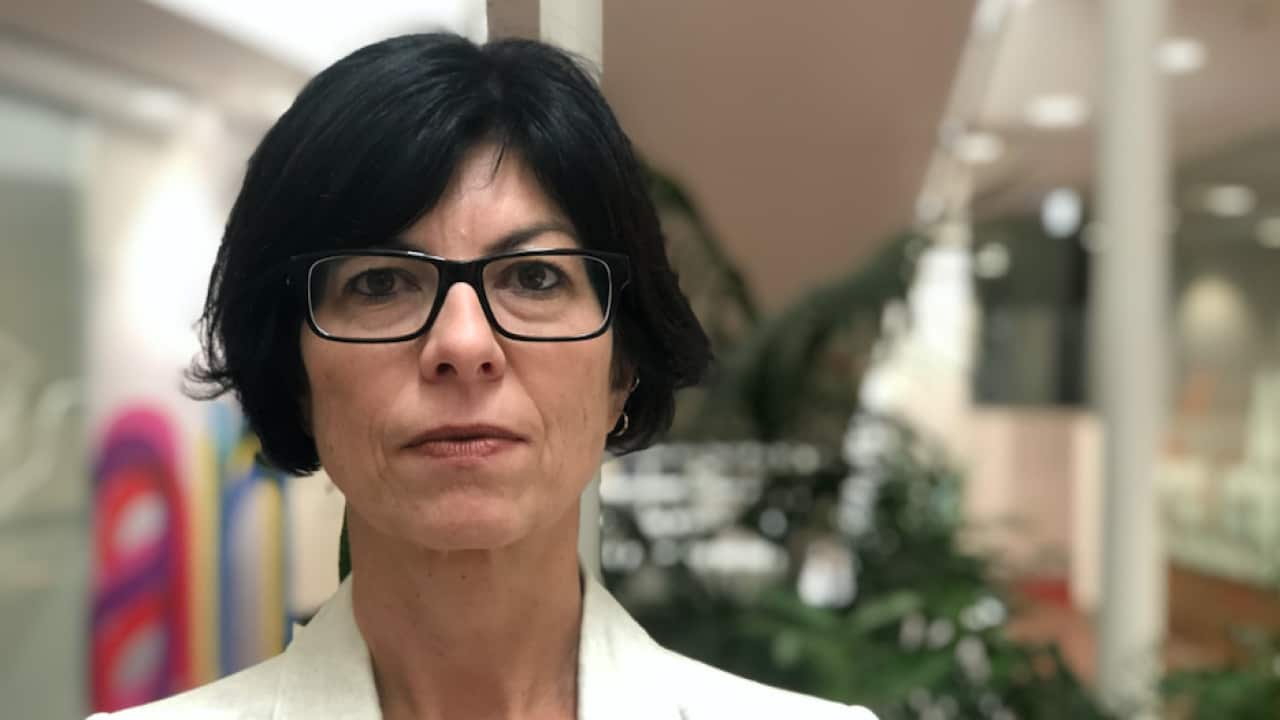Memories of Victoria's Black Saturday disaster came flooding back for Judy Rankin when bushfires tore through the state earlier this year.
"The sky was all red, it had that red tinge to it," she told SBS News.
"It was the same feeling, that's why I left. And then as soon as I drove out of Corryong I got the message on the radio to evacuate. I could see up in the hills the thick smoke and you could could see that it was heading that way." As another bushfire season looms over Australia, concerns are growing about the impact of domestic violence in the aftermath of natural disasters.
As another bushfire season looms over Australia, concerns are growing about the impact of domestic violence in the aftermath of natural disasters.

CFA strike teams performing controlled burning west of Corryong, Victoria, Tuesday, January 7, 2020. Source: AAP
Ms Rankin said she has noticed a sense of despair following last summer's disaster.
"The town is pulling together, they are a very strong community but I think just everyone is worn out up there," she said.
Debra Parkinson studied the incidence of domestic violence after Black Saturday and said many women often don't speak up about abuse for various reasons.
Dr Parkinson, who is a research fellow at Monash University, said there is pressure on women to be loyal to their communities and their partners.
"Some of them are loyalty for the man that the woman is worried because he is suffering because of what happened to him in the fires," she said.
"The traumatic experiences that he might have had, not to mention that women also have those experiences, it could be the economic fallout after the bushfires and now COVID with unemployment. "We talk about disasters really taking us back 50 years in terms of gender relations.
"We talk about disasters really taking us back 50 years in terms of gender relations.

Judy Rankin has an accommodation service at Bright, in regional Victoria. Source: Supplied
She's concerned many communities still haven't recovered from last summer's catastrophic fires.
Children also at risk of being overlooked
A recent global report on international displacement highlighted Australia's unprecedented bushfire season and limited support access.
It estimated 65,000 people, including children, were displaced because of fires between July last year and February this year.
The report suggested children's needs were often overlooked.
Monash University PhD candidate Susan Davie agreed with this sentiment.
"There is also not enough focus on children in emergencies in Australia and it's the same in all high-income countries," she said.
"My research has shown that children are invisible in our emergency management planning and we often expect the parents will take care of children after emergencies which is not an unreasonable expectation.
"But what we do know is when the adults are really stressed, they are focusing on other things."
Translating anti-violence materials for victim survivors
Worldwide studies have indicated that increased violence against women has been a consequence of the recovery from natural disasters.
A training resource for emergency management staff and anti-abuse postcards translated into different languages have been part of a push in Australia to shift gender attitudes.
Jaspreet Kaur has been a training coordinator from the Gender and Disaster Pod, an initiative focused on survivor responses to emergency events.
She's been involved in the translation of an anti-violence resource with the message, "Disaster is no excuse for family violence."
It's been translated into Arabic, Chinese, Italian, Greek, Punjabi, Hindi, Spanish, Swahili and Vietnamese plus more languages could be added. Ms Kaur said children can encounter bullying at school on top of their trauma from past disasters, particularly when they move to a new classroom.
Ms Kaur said children can encounter bullying at school on top of their trauma from past disasters, particularly when they move to a new classroom.

Survivor of family violence Source: AAP
"So when they went to those schools they were called names because they didn't have uniforms or they didn't have the resources or the things that they needed to be at the school so they'd get bullied because of that," she said.
Gender roles in emergencies
Firefighter Stephen O'Malley, a trainer with the Gender and Disaster Pod, said the resource raised awareness among emergency staff about gender expectations and the potential for harmful behaviour after disasters.
"So it's talking about gender stereotypes," he said.
"It's talking about what is existing prior to a disaster and how it's exacerbated and absolutely amplified during a disaster so people, men particularly default back to what the expectation is for them, as responders but also as community members as the protector of the house and all that sort of stuff during a disaster."
If you or someone you know is impacted by sexual assault, family or domestic violence, call 1800RESPECT on 1800 737 732 or visit . In an emergency, call 000.




